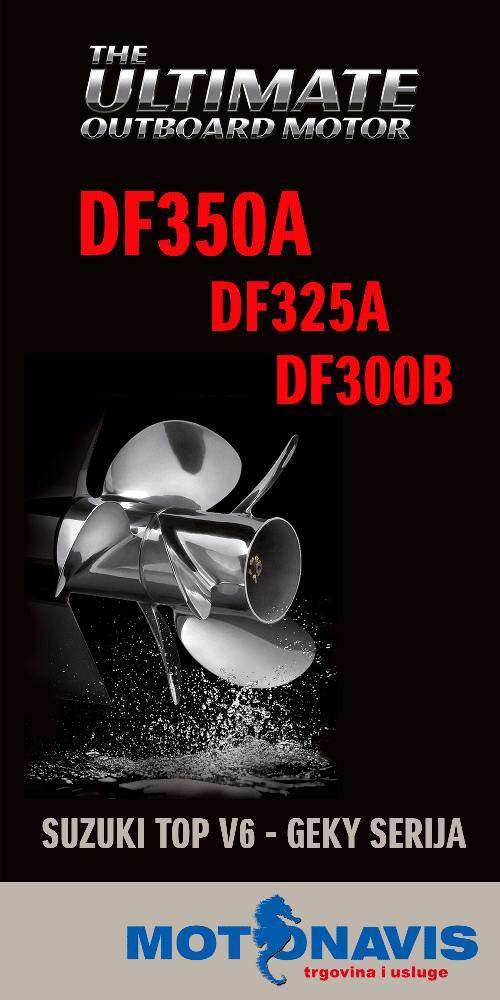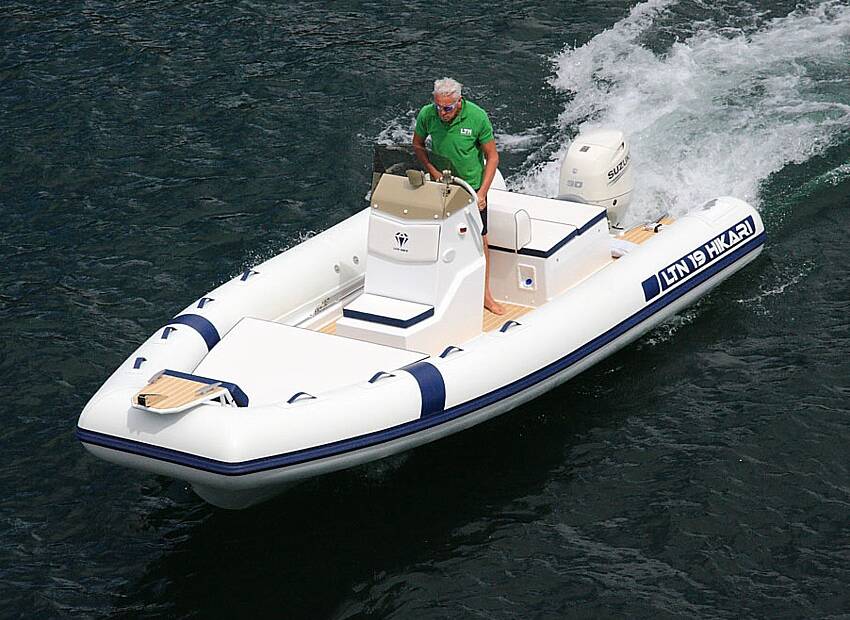ALEXANDRIA, Va., November 17, 2011 - As a way to reduce particulate matter, ultra-low-sulfur diesel (ULSD), with only 15 ppm or less of sulfur, was mandated for use in most vehicles, boats and machinery as of December 2010. As a practical matter, however, ULSD has been around since late 2006 when 2007 model year vehicles with more advanced emissions control devices began requiring its use in cars. And since most fuel refiners don't have the capacity to offer more than one type of diesel, it's also been sold at marinas ever since.
During that time, the BoatUS Damage Avoidance Program has kept a close look out for any potential problems with the newer, environmentally-friendly fuel. Recently, the boat owner association's Damage Avoidance Program publication, Seaworthy, The BoatUS Marine Insurance and Damage Avoidance Report, investigated the issue and has these findings to share:
Lubricity: In diesel engines, having enough "lubricity" in the fuel is critical - without it, the engine would grind itself to a premature death. A lot of publicity has been given to ULSD because the process of removing sulfur from diesel fuel also removes much of the fuel's lubricity. Contrary to what some have said, however, lubricity is not a problem with ULSD. Minimum lubricity is a requirement of the ASTM-D975 diesel fuel standard and oil companies typically use a synthetic additive to return fuel to its pre-ULSD lubricity levels.
Cetane: All diesel fuel must have a cetane rating of at least 40. Most regular diesel fuel has a cetane rating of 43 to 45, which should be fine for most boat engines. The good news is that the cetane numbers remained the same with ULSD.
Gaskets: When the transition was made to low-sulfur diesel (LSD) in 1993, there were problems with leaking gaskets. Newer gaskets that resist leaking were developed, but there were some fears that the gaskets might not stand up to ULSD. After talking to numerous marina owners and engine manufacturers, leaking gaskets don't appear to be a problem.
Water and "Bugs": Microbial growth - bugs - need water to grow and have always been a concern with diesel fuel. ULSD holds less water than older, higher-sulfur fuels, which means that any water entering the tank is less likely to be absorbed and instead more likely to become a breeding ground for bugs. Biocides (and cold weather) kill the bugs but their tiny little carcasses pile up in funereal goo at the bottom of the tank. Tanks may need to be cleaned more often to prevent clogged filters and corrosion. The best defense is to keep tanks as full as possible (especially over winter storage) and keep a routine eye on the water separator.
For the full story "Ultra-Low-Sulfur Diesel: Anything to Worry About?", go to www.BoatUS.com/seaworthy.
BoatUS Press






















